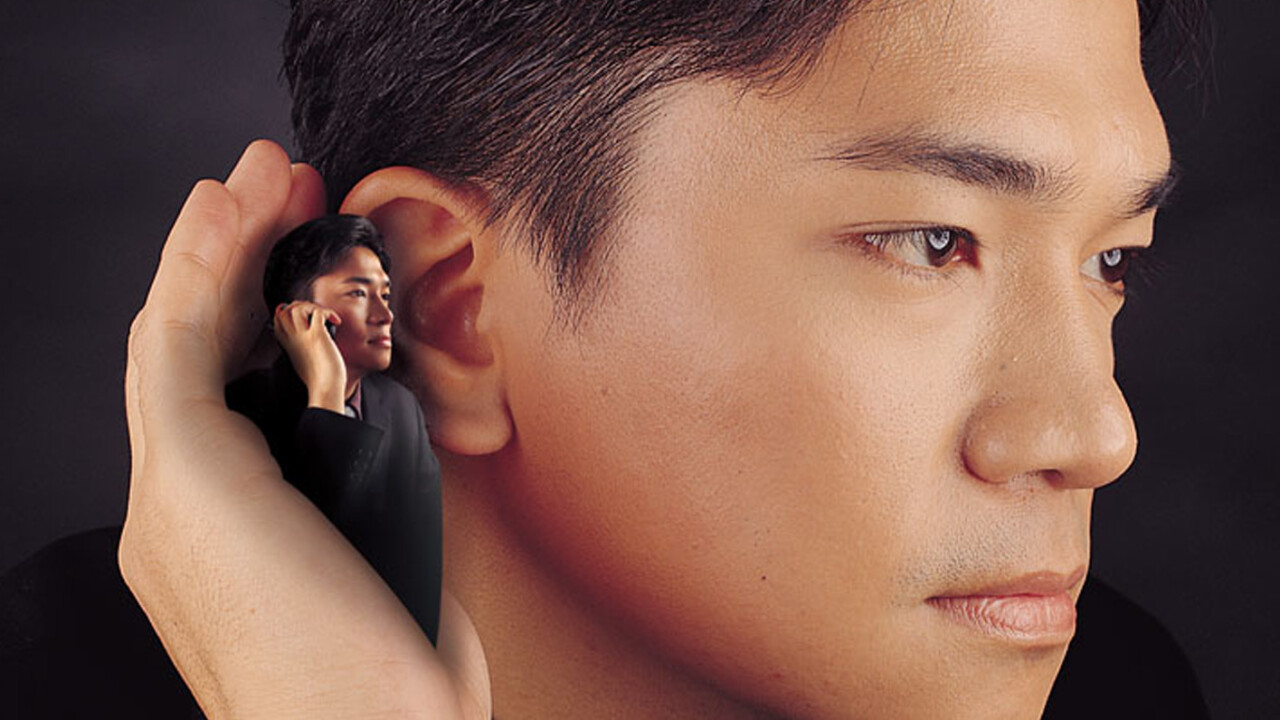
The year is 2016, and we have more options than ever to communicate with each other. We send Snapchats, post Tweets and write private Facebook messages.
But even though there are so many modern, asynchronous ways to keep in touch, a lot of people hold on to a decades-old method — calling. While they could send someone a quick message, some still like to go through the hassle of a call to inform someone on the other side.
I really don’t like calling, and think it’s a relic from a time we didn’t have any other options. Let’s start by looking at our behavior through the lens of the products we use. We all carry around these devices in our pockets with a very peculiar name — smartphones.
In the early 2000s, we used the word to describe a phone with extra ‘smart’ functionality. Today that same device is something we use for a lot of different things, that you can also use to call people.

Back in 2007, when the iPhone was introduced, SMS was still the main mobile text-based messaging service — and it had a lot of limitations. With a maximum of 160 characters, no support for images and a high cost per message, it wasn’t the most enticing option, especially when free texting over data came along, with the advent of services like WhatsApp.
It suddenly became practically free to send messages with pictures, location or other data attached — it would only use up your monthly data allowance.
So why do we still use phones for calling, if there are vastly easier ways to reach someone? Some people argue that calls are simpler, quicker or more personal. I don’t agree with any of these, and I’ll explain why.

Calling isn’t easier. Actually, it’s a hassle — you need to wait before you’re connected, while the person on the other end is being interrupted in what he or she was doing. Suddenly, your phone starts vibrating and making loud sounds just because someone else thinks he’s important enough to warrant that attention. You have to stop, step out of the moment and trust that the caller has something to say that’s worth the annoyance.
Calling is also definitely not quicker. When you pick up, you first need to go through the various steps of phone etiquette. These include saying things like ‘Hey!’ and ‘I’m great, how are you?’ for the first two minutes, and then slowly progressing to the actual point of the conversation. Please tell me how this isn’t ten times as fast:

It’s true that calling actually is a little bit more personal than texting. But that doesn’t mean it’s always the right choice.
Sure, there are situations when calling makes more sense. Something important happened that the other person has to know as soon as possible, you have urgent personal news to share or you’re in a long distance relationship and need to stay in touch with your partner. But the painful truth is that 95 percent of all calls could have been a message — they’re simply not important enough.
Messaging also isn’t perfect, of course. For starters, users are spread over many different platforms — Facebook Messenger, LINE, iMessage, WhatsApp, Google Allo and WeChat are just a few that come to mind. Before we started using Slack at TNW, I had to send my coworkers a message on at least three different services before I got a reply.
But it’s almost always better than calling. So next time when you think you should call someone, please think again. It’s probably best you don’t.
Get the TNW newsletter
Get the most important tech news in your inbox each week.




